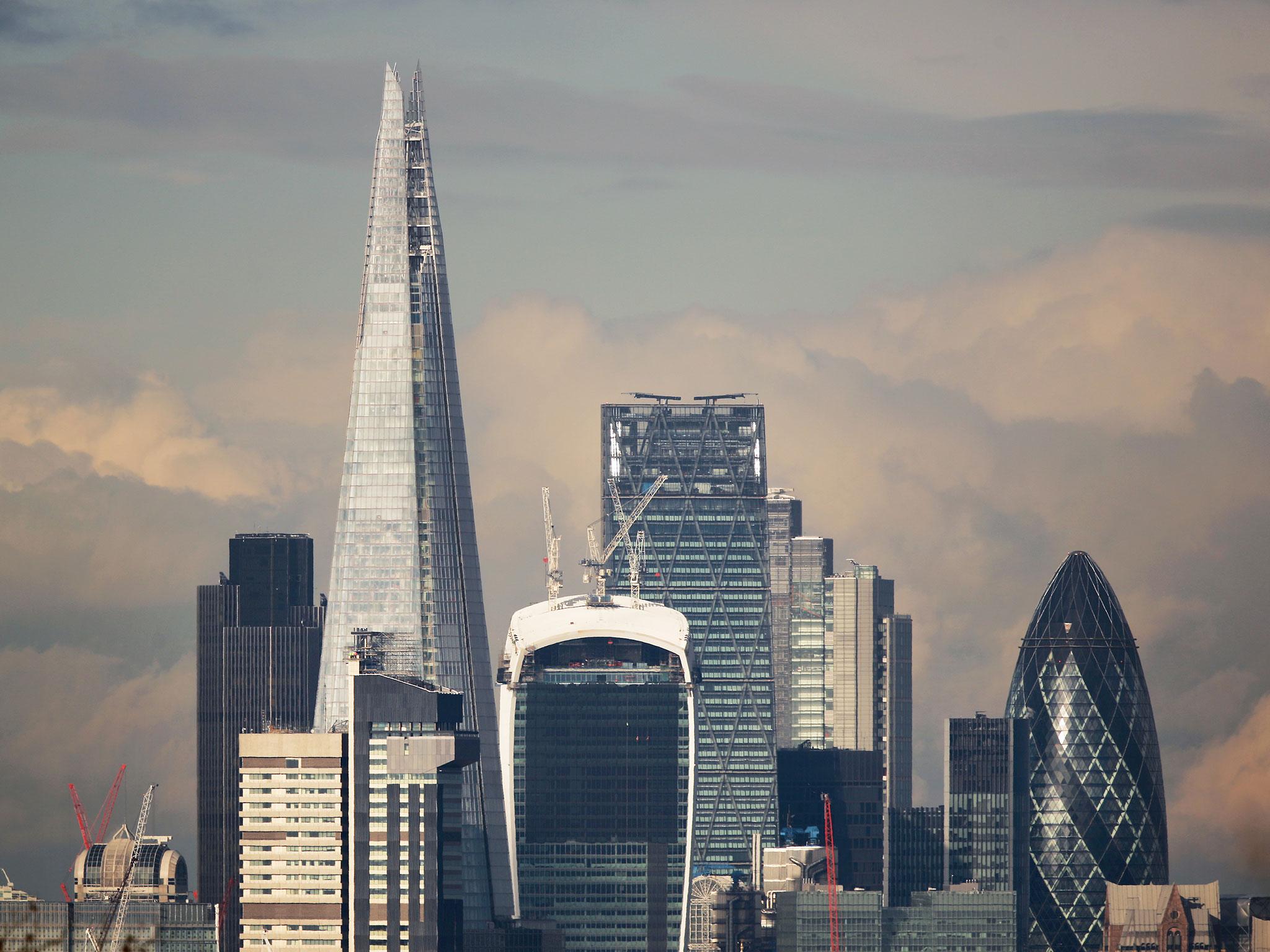Stop this hard Brexit or we’ll have to put the bankers first
Our trade negotiators will ask the EU 27 to grant the UK ‘equivalence’ – recognition that our financial services regulations conform to theirs – so that bankers, insurers and wealth managers in the UK can operate as if they were in the single market

Your support helps us to tell the story
From reproductive rights to climate change to Big Tech, The Independent is on the ground when the story is developing. Whether it's investigating the financials of Elon Musk's pro-Trump PAC or producing our latest documentary, 'The A Word', which shines a light on the American women fighting for reproductive rights, we know how important it is to parse out the facts from the messaging.
At such a critical moment in US history, we need reporters on the ground. Your donation allows us to keep sending journalists to speak to both sides of the story.
The Independent is trusted by Americans across the entire political spectrum. And unlike many other quality news outlets, we choose not to lock Americans out of our reporting and analysis with paywalls. We believe quality journalism should be available to everyone, paid for by those who can afford it.
Your support makes all the difference.“Pro having my cake and pro eating it”. Boris Johnson made that phrase axiomatic of the Leave campaign by means of brazen repetition, but recently, his colleague David Davis has appeared less optimistic. The Brexit Secretary seems to have accepted that it’s not in the rest of the EU’s interests to let Britain retain full access to the single market (have cake) if it refuses to pool its sovereignty and accept freedom of movement (eat it).
Now the divorce deal has been agreed – that is, fudged – Britain’s negotiators must prioritise cake over eating in a whole new arena: the trade talks where they will hopefully be able to get the UK qualified access to particular parts of the single market.
Last year I interviewed several retired trade officials about their experiences, and they all described the process of negotiation in similar terms. You treat some products and sectors as bargaining chips, using them to protect the interests of other products and sectors. Brexit means choices.
During those conversations I was really struck by how unanimous they were, regardless of their political persuasion, on the question of whose interests the UK negotiators would prioritise and whose they would largely abandon.
British farmers and perhaps fishing communities, both frequently impoverished and both broadly pro-Brexit, will likely be sacrificed, because other EU members have nurtured those industries but Britain hasn’t.
On the UK’s protected list will be sciences, engineering and pharmaceuticals, especially research and development, as will be the last vestiges of our car industry. Rather more controversially, the Government will also be desperate to look after the City. Our trade negotiators will ask the EU 27 to grant the UK “equivalence” – recognition that our financial services regulations conform to theirs – so that bankers, insurers and wealth managers in the UK can operate as if they were in the single market.
Debate has raged over how much business the UK will lose if our negotiators don’t get equivalence, or if it were later rescinded because the UK’s regulatory practice diverged from the single market’s. Some of us might smile at the idea of a few bankers leaving. However, if the UK loses any financial business, then for exactly the reasons that the public are already angry with high finance, everyone will be hurt.
That’s because, since the early 1980s, successive governments have restructured our economy so that, depending on how you measure it, the financial services industry now accounts for between 7.2 to 10.7 per cent of the economy, and provides anything from 4 to 11.5 per cent of all the Treasury’s tax receipts. In any case, we have become reliant on the City’s booms and vulnerable to its busts.
In the long term, this is an imbalance that we can correct. The Shadow Chancellor, John McDonnell, has set out his plans for the government to act as an entrepreneur, borrowing – from financial institutions, as is necessary – in order to build hi-tech industry and manufacturing that will produce real value, and not the speculative bubbles of traders. It could take many years, but eventually the UK’s economy would neither be dominated by the financial sector, nor so concentrated in London.
In the short term, however, any government that wants to keep the doors of schools and hospitals open will have to prioritise the City in trade talks. This is the brutal truth of Theresa May’s Brexit.
Of course, all this assumes that we’re leaving the customs union and the single market. But if Parliament’s soft Brexit majority crystallises, they can force May to change her mind. And if Labour gets into government before the deal’s done, they will delay a hard Brexit for the duration of the transition period, and perhaps avoid it altogether.
In that case, there will be far fewer sacrifices to make for the sake of the bankers. But it’s still going to take many years and an ambitious plan along the lines of McDonnell’s to rebalance our economy.
Join our commenting forum
Join thought-provoking conversations, follow other Independent readers and see their replies
Comments